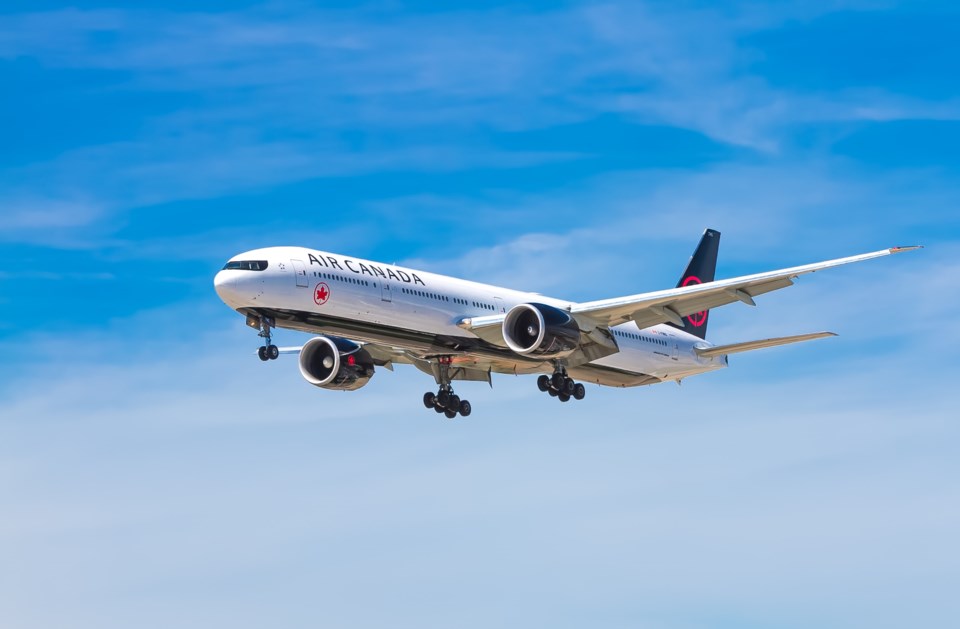CambridgeToday received the following letter criticizing the Region of Waterloo's 8.5 per cent property tax increase.
I am writing to express my significant concern regarding the 8.5 per cent property tax increase in the 2023 Region of Waterloo budget. This increase is unacceptable, especially for residents who are already struggling to make ends meet in this challenging economic climate. A recent MNP study found half of Canadians are only $200 from being unable to pay their bills.
Property tax increases impact everyone. I've heard some argue that homeowners should be able to afford the increases so we should therefore simply accept it, especially as property values have increased.
This argument is seriously flawed when you consider the inability for most to turn equity into cashflow and how folks are already dealing with inflation outpacing their income and escalating housing costs - from interest rates to home maintenance. And don't think renters are spared - these costs of course are passed from landlords onto tenants, many of whom are our community's most vulnerable.
The burden of this tax increase is significant for families, who are expected to pay $187 more this year for an average property on just the Region property tax levy portion. When combined with increases to water rates and lower-tier municipal taxes, the average property will pay over $300 more annually if you live in one of the three cities.
If you live in Wellesley Township, for example, you could be paying almost $500 more year over year. Put differently, at a time when most of us are reviewing and cutting our subscriptions, our municipal government is asking each family to take on both a new Netflix and Disney+ subscription. Live in an ‘above average’ home? Take on Spotify and YouTube Premium while you’re at it. While you can easily cancel these subscriptions, the only way to cancel the property tax increase is to move – or less drastically, by convincing your Regional Councillor to reduce taxes next year. Write them at [email protected] or individually by visiting https://www.regionofwaterloo.ca/en/regional-council-members.aspx
I believe that the Region of Waterloo could do more to reduce property taxes. One way to accomplish this is to tighten our belt and explore cost-saving measures in all areas of government spending. It is important for the region to identify and eliminate unnecessary expenses and to find ways to be more efficient with the resources that are available.
For instance, reviewing the $200 million spent on professional fees and services, $10 million on communications, and $2.7 million on travel should be prioritized.
Where are we travelling for $2.7 million in the age of Zoom?
Another option to reduce property taxes is to better match climbing operating expenses with revenue for both Grand River transit and the Region of Waterloo airport. While these services are important, only a small number of taxpayers and residents utilize them. As such, it is reasonable to ask users of these services to pay their fair share.
For example, Grand River Transit’s monthly pass – the bulk of its revenue and user base – is one of the cheapest in the province at just $90/month, with the average among Ontario’s large municipalities being $128 per month. The affordable transit program also supports low-income folks with a further 50 per cent transit subsidy. The region decided to only increase pass by $2 or 2.2 per cent despite a 10 per cent increase in transit operating expenses. Each $15 increase in the monthly pass would reduce the tax levy by approximately one per cent.
Region of Waterloo airport operating expenses are up a whopping 22 per cent in 2023, while only increasing airport revenue by 2.2 per cent. Analyzing Ontario’s airports, Region of Waterloo charges substantially less than others for each departing passenger in terms of airport and parking fees. Tinkering with revenue and reviewing huge increases to compensation, professional fees, and airport expansion projects, we should be able to reduce the impact to taxpayers and have the airport work toward self-sustainability – and make money, not lose it – like many other airports.
With so many opportunities to budget more responsibly, you’d think regional councillors would be engaged in lively open debate about these and other ideas that were brought forward. Watching the whole process unfold, in my opinion, it was clear that in general, the majority of councillors were uninterested in tinkering – or even meaningfully discuss tinkering – with the budget. Kudos to the six councillors who voted against and wanted to modify the budget: Craig, Wolf, Vrbanovic, James, Williams, and Deutschmann. Folks just can’t afford this increase.
In conclusion, I urge the Region of Waterloo to reconsider its budget and find ways to reduce property taxes through 2023 and into 2024. It is important for our elected officials to be accountable to the residents they serve and be more considerate of how they’re saddling individuals and families with further financial stress, especially during a time of already skyrocketing housing costs.
Nate Whalen
Cambridge



